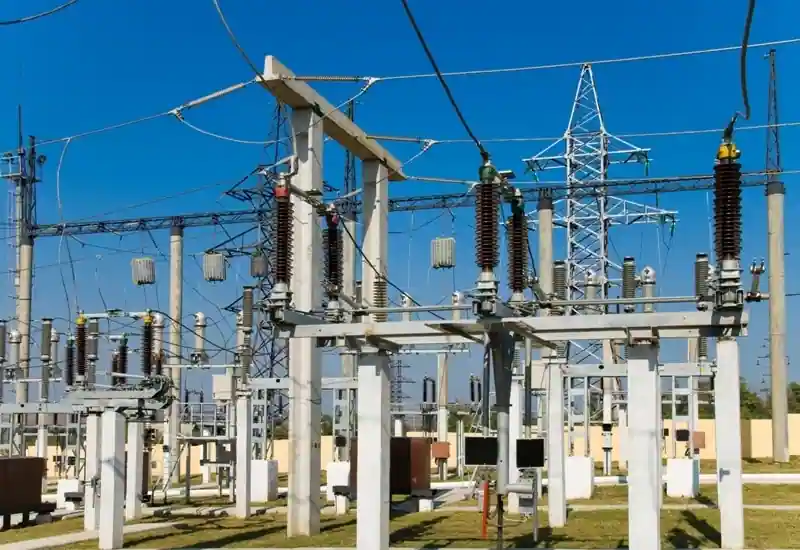Dafe Akpeneye, commissioner for legal, licensing, and compliance at the Nigerian Electricity Regulatory Commission (NERC), stated that the commission is prepared to work with state governments and other stakeholders in accordance with the new act to ensure a constant supply of electricity. At the NERC stakeholder session in Lagos, he made this known and noted that Nigeria has yet to provide an appropriate supply.
“There is a cost to electricity, and we have not yet made the commensurate investment in the sector to give us adequate supply, NERC’s principle has always been that we will partner with any State or anybody that achieves the common goal of ensuring that the lights stay on,” he stated.
The 2023 Electricity Act gives NERC the authority to continue to be in charge of keeping an eye on the Nigerian Electricity Supply Industry (NESI) and any potential for increased competition.
The Act mandates that NERC ensure the avoidance or reduction of abuses of market power, including market concentration.The regulator is aware of what the new Act implies, and the commission noted that it is intended to improve consumer service and boost investment rather than to “centrally control” everything.
Only 53% of the nation’s power capacity is used, according to NERC Vice Chairman/Commissioner of Market, Competition and Rates Musiliu Oseni, because of problems with the gas supply, restrictions on transmission and distribution, and business difficulties.
“Power is the engine to growth everywhere but there must be orderliness, we can work with states within existing legal frameworks and even if they set up additional legislation,” he added.
The committee emphasized that states would select how they wish to collaborate after examining the cost implications, adding that this will not be a one-size-fits-all strategy but rather based on what they can afford.
Ayodele Olawoye, the principal action coordinator for the Joint Action Platform for Electricity Consumers Rights, responded to the partnership by telling The Guardian that it should not be permitted for there to be a state monopoly in the electricity power sector in order to avoid the current predicament.
He also recommended against decentralization of the commission, despite the fact that the rate cannot be consistent due to variations in the sources of production.
“Apart from the state freedom to generate, transmit and distribute, it will still not be to the advantage of electricity consumers to allow for a state monopoly of the electricity power supply industry, others must be allowed,” he said.
Aisha Mahmud, NERC’s Commissioner for Consumer Affairs, warned that the Act’s implementation would not be simple.



